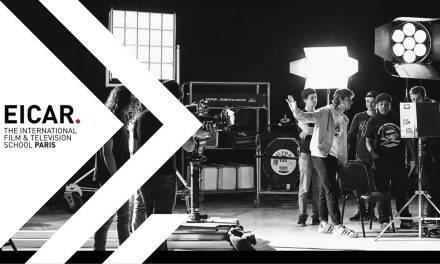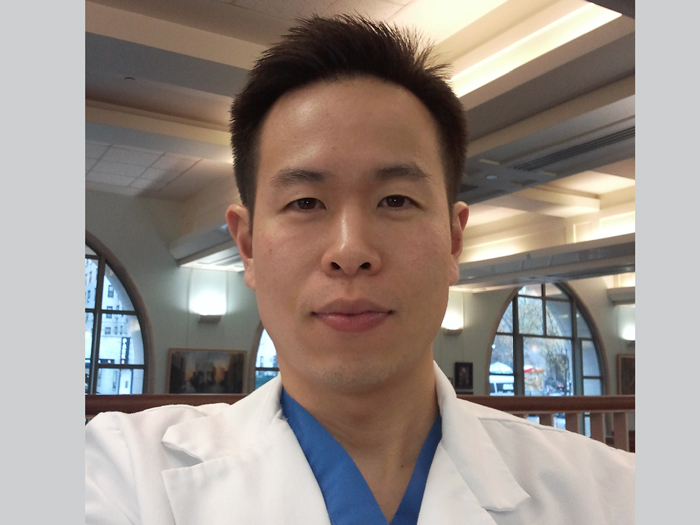The turbulent era of the Cultural Revolution (CR) is widely known as a pivotal historical event and the most complex cultural phenomenon in the entire fifty years of the People’s Republic of China (P.R.C.) and any thorough and balanced study of the history of the P.R.C., Chinese Communism or current democratic movements in China must include an assessment of the Cultural Revolution.
John Fairbank, a distinguished sinologist, once said that the CR “was as full of confusion and surprises as the 1790s in France. In size and complexity, the Cultural Revolution was of course a much bigger event than the French Revolution. At any rate, it will be studied from many angles for a long time to come.”
The College of Staten Island (CSI) presents an historic conference on China’s Cultural Revolution on Friday, May 12 through Sunday May 14. The purpose of this three-day international conference is to provide a platform for China scholars from all over the world to thoroughly reexamine and reflect upon the CR.
The conference will not be a forum to discuss the CR as a mere historical topic, but will look at a variety of themes and focus on the many implications that the CR has carried for China today — such as the history and the mindset of the current and next generation of Chinese leadership.
It will help generate fresh perspectives on CCP’s rule, bring a better understanding of current affairs in China, and help formulate strategies to more effectively bring about human rights and political reform in China. All three days of the event are free and open to the public.
Conference Details
May 12, Friday College of Staten Island, Center for the Arts
2800 Victory Boulevard, Staten Island NY 10314
Phone: (718) 619-1556 (Cell: Prof. Xia Ming)
9:30–10 a.m. Opening Ceremony
10 a.m.-Noon Cultural Revolution Studies: the Present and the Future
(In Chinese, simultaneous interpretation provided)
10:10 a.m.–12:15 p.m. The Cultural Revolution through Multi-Disciplinary Perspectives
(In English)
1:10 – 3 p.m. The Cultural Revolution & the World
(In Chinese, simultaneous interpretation provided)
3 – 5:45 p.m. Ethnic Minorities, Religion and other Issues during the Cultural Revolution
(In Chinese, simultaneous interpretation provided)
May 13, Saturday Sheraton LaGuardia East Hotel, Topaz Room (7th floor)
135-20 39th Avenue, Flushing, NY 11354
Phone: (718) 460-6666
8:15-11:15 a.m Controversial Issues in the Cultural Revolution Studies
(In Chinese, simultaneous interpretation provided)
May 13, Afternoon Queens Library International Resource Center
41-17 Main St., Flushing, NY 11355
Phone: (718) 661-1229
12:15 – 2:15 p.m. Complexity of Historical Truth – How Much Do We Really Know about the Cultural Revolution? (Part I)(In Chinese, simultaneous interpretation provided)
2:20 – 4:30 p.m. Complexity of Historical Truth – How Much Do We Really Know about the Cultural Revolution? (Part II) (In Chinese, simultaneous interpretation provided)
May 14, Saturday Sheraton LaGuardia East Hotel, Topaz Room (7th floor)
135-20 39th Avenue, Flushing, NY 11354
Phone: (718) 460-6666
8:15 – 11:15 a.m. Cultural Revolution & Its Impact
(In Chinese, simultaneous interpretation provided)
May 14 Afternoon Queens Library International Resource Center
41-17 Main St., Flushing, NY 11355
Phone: (718) 661-1229
12:15-2:15 p.m. Distorted Collective Memories – What Do We Remember about the Cultural Revolution?
(In Chinese, simultaneous interpretation provided)
2:30-4:15 p.m. Distorted Collective Memories – What Do We Remember about the Cultural Revolution?
(In Chinese, simultaneous interpretation provided)
Background
The studies on China’s Cultural Revolution (1966-1976) have given rise to serious confrontations between the Chinese people and the Chinese Communist Party (CCP), and between the democratic movement and the dictatorial government in China. Efforts to uncover the historical truth and expose CCP’s culpability during this chaotic era will help further reforms in China and move democracy forward. Many current political, social and cultural phenomena in China can be traced to or interpreted in the context of the Cultural Revolution (CR). Despite the obvious benefits of free and thorough research on the CR, the CCP-led Chinese government has made efforts to prevent the truth about this tragedy from emerging. Instead, it has continued to tread Mao Zedong’s ideological path and refused to learn from the historical lessons for which the Chinese people paid such a dear price during and after the CR.
Not only has the CR altered the whole Chinese political and social landscape, but even after 40 years, it has also had a great impact on the new generation of the CCP leadership. Communist China has changed its leadership into “The Fourth Generation” at the outset of the 21st Century, i.e. Hu (Jintao) and Wen (Jiaobao) administration. However, recent Chinese politics has evidenced their regression into the old CCP ideology by public and persistent reiteration of the hackneyed Mao era rhetoric. For these new leaders, whose entire youth occurred during the CR, their current political thoughts and characteristics would unquestionably bear the marks of the CR.
# # #
















